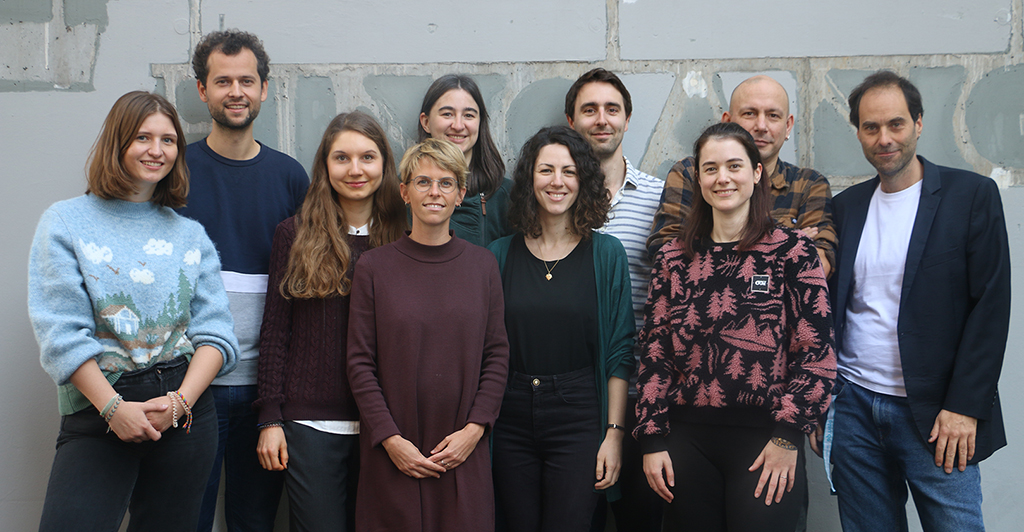
Welcome to the website of the Department of Social and Legal Psychology of the Johannes Gutenberg University Mainz. We provide some information about our lab members, research and teaching here. If you a curious about additional aspects of our work, please do not hesitate to get in touch.
In press papers:
Kazarovytska, F. & Imhoff, R. (in press). Three Fish at One Hook? — Future-oriented, Reconciliatory, and Defensive Claims for Historical Closure as Expressions of the Same Defensive Desire. Personality and Social Psychology Bulletin. [Preprint][Open materials and data]
Moosburner, M., Weber, C., Kuban, T., Wachs, S., Schmidt, A. F., Etzler, S., & Rettenberger, M. (in press). Understanding cybergrooming: A systematic review of perpetrator characteristics, strategies, and types. Trauma, Violence, & Abuse.
Oeberst, A., & Imhoff, R. (in press). Towards parsimony in bias research. Proposing a common framework of belief-consistent information processing. Perspectives on Psychological Science. [Open Access Article]
Unkelbach, C., Crusius, J., Gast, A., Hofmann, W., Imhoff, R., Genschow, O., Lammers, J., Schneider, I., Topolinski, S., Mussweiler, T., Westfal, M., Pauels, E., Alves, H., & Baldwin, M. (in press). Relativity in Social Cognition: Basic processes and novel applications of social comparisons. European Review of Social Psychology.[Open Access Article]
Wertz, M., Hank, L., Hausam, J., Konrad, N., Schiltz, K., Imhoff, R., & Rettenberger, M. (in press) The Use and Reporting Practice of Psychological Tests in German Risk and Criminal Responsibility Expert Reports. Psychology, Crime & Law.
Check out our facebook page for information about social and legal psychology!